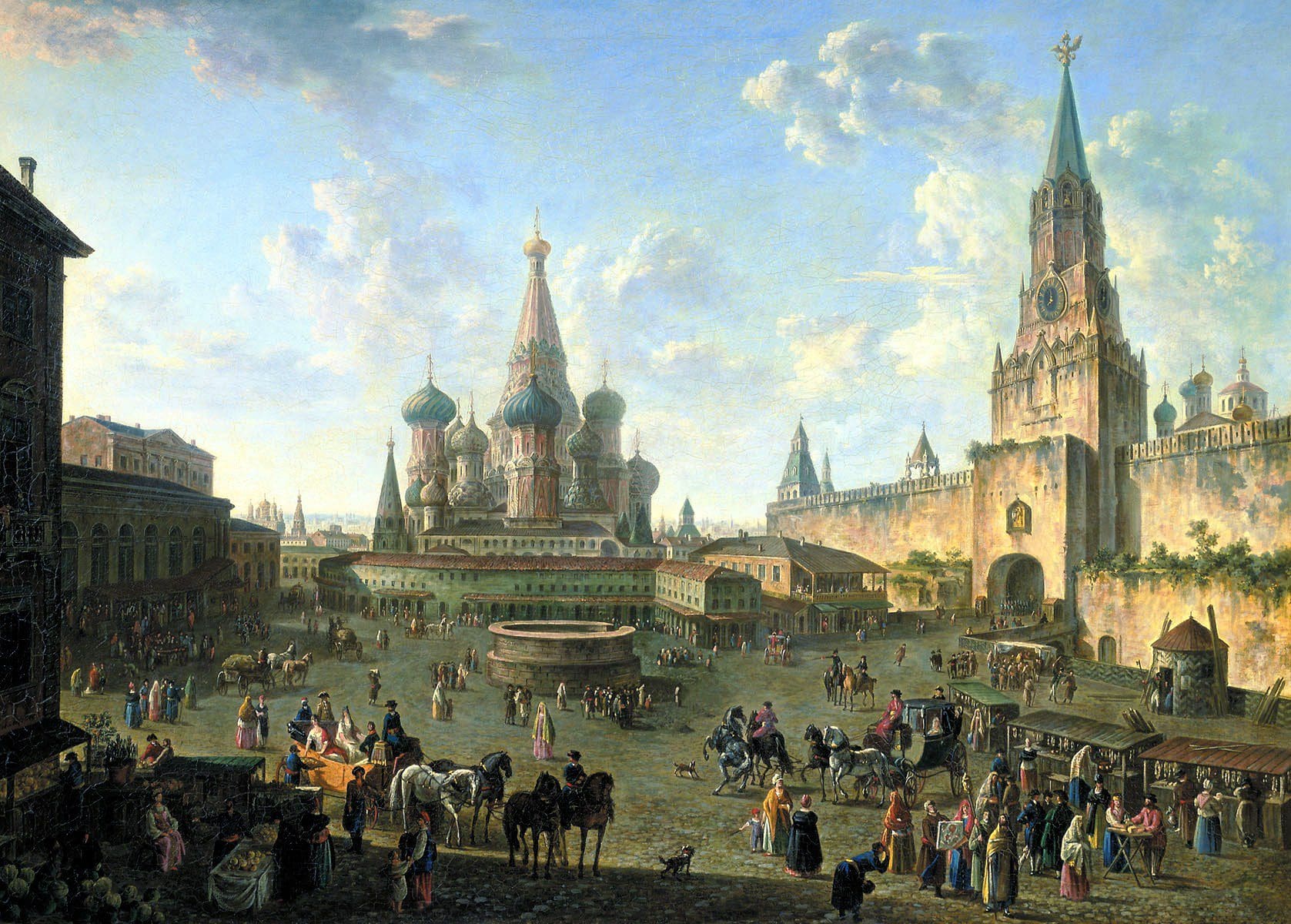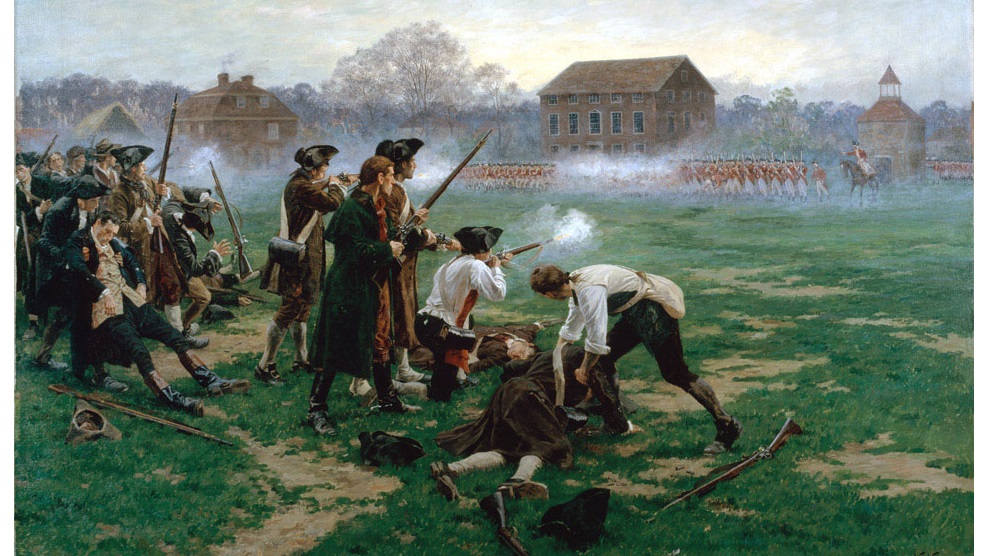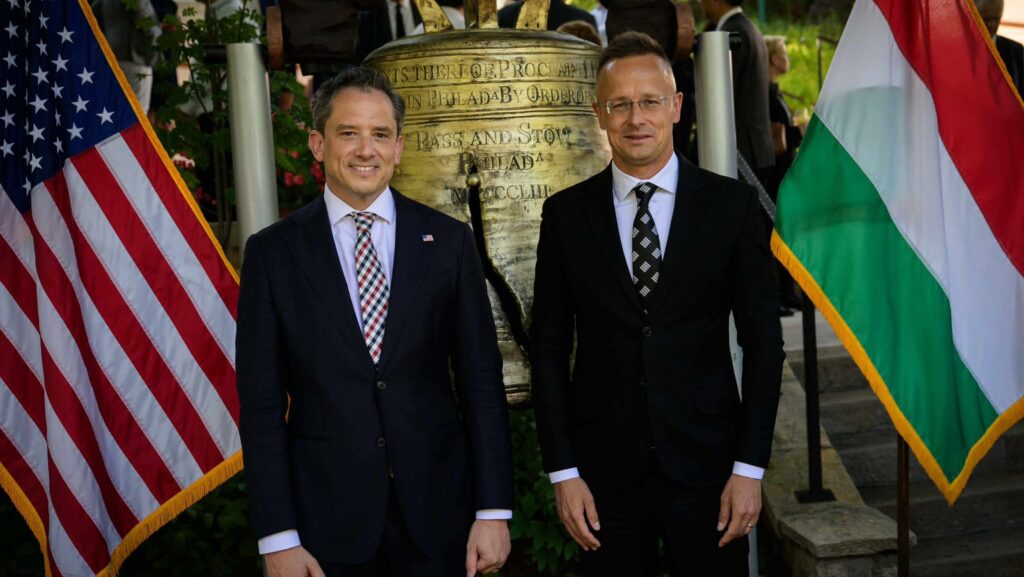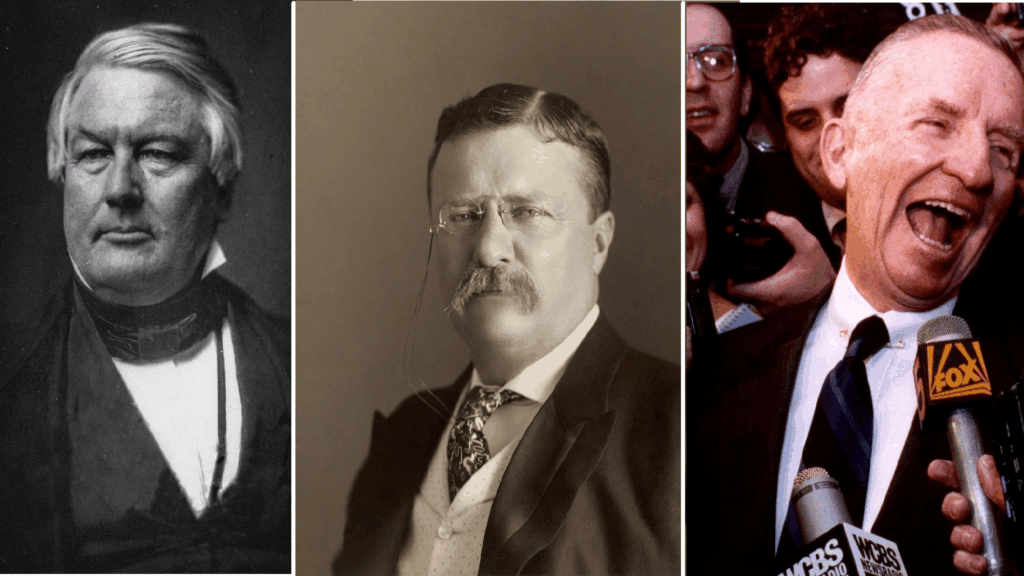What is Russian Exceptionalism?
Similarly to other European nations, exceptionalism and, more generically, nationalism became mainstream ideas in Russia during the Napoleonic wars. In the struggle against the invading army, the question of national self-determination became extremely relevant, and Russian nationalism emerged as a source of strength to fight against the French army. Napoleon’s defeat and retreat from Russia became a basis for national pride—Russia emerged as a saviour of order in Europe. The sudden outburst of enthusiasm for Russian patriotism inspired many writers and intellectuals to study Russian history more deeply, looking for other signs and deeds of greatness. The quest for Russian greatness demanded a vocabulary—that is how the Russian word ’народность’ that is ’nationality’ was created by Pyotr Vyazemsky, as a translation of the French word ’nationalité’. Instead of using foreign words, Vyazemsky believed that it is necessary for the Russian language to have its own vocabulary to describe the ideas that had been conceived in Western Europe. Soon, however, the newly created word, ’народность’ was given a political meaning, advancing the idea of Russian exceptionalism.
Under the reign of Nicholas I (father of Alexander II, the tsar discussed in earlier Hungarian Conservative article) the word ’народность’ became a political term, as well as a pillar of the concept of Russian exceptionalism. To restore and defend the traditional institutions that were destroyed by Napoleon, the emperor’s advisors formulated the ‘Official Nationality’ (‘официальная народность’) theory that soon consolidated as a guiding doctrine of Nicholas I’s rule. The doctrine was formulated by Sergey Uvarov, and he argued that without three guiding principles, that is, without ‘Orthodoxy, Autocracy, and Nationality’ Russia cannot prosper, grow stronger or live. These three ideals for Russia were coined to be the antithesis of the French Revolution’s motto, ‘Liberté, égalité, fraternité’. The primacy of these three ideals, and especially that of the ‘autocracy’, was further emphasized in Alexander III’s ‘Manifesto on Unshakable Autocracy’ (for more insights on the subject, read our article about Alexander III). Thereby, these three phrases became an integral part of what Russian exceptionalism stood for in the 19th century.
Nikolay Danilevsky believed that one civilisational type cannot adopt another type’s way of development
Nikolay Danilevsky’s contribution to the consolidation of the idea of ‘Russian exceptionalism’—albeit in a somewhat radical form—was crucially important. In his book Russia and Europe Danilevsky outlined ten great ‘historical-cultural types’ (or in other words civilisations) that all have their unique way of development. He believed that one civilisational type cannot adopt another type’s way of development—therefore, for instance, he argued, Peter the Great’s reforms were doomed to fail, as they wanted to impose on the ‘Slavic type’ an alien ‘historical-cultural type’s civilisational development. He believed that the ten ‘historical-cultural types’ are unable to understand each other, and they each have their very different and distinct way forward. In his book he also demonstrated that the West has fallen, and that the future belongs to Russia. The idea that each civilisational type has its own way forward (unlike the Western ideal that for each civilisation there is one universal way of political development, which is democracy) is just as integral a part of Russian thoughts on ‘exceptionality’ as is its scepticism towards applying Western forms of development to Russia.
Unique civilisational development, orthodoxy, nation and autocracy—by the end of the 19th century these notions were all heavily integrated into the idea of Russian exceptionalism. The final missing element— which was part of Russian exceptionalism even before but became one of the most regularly emphasized pillars of Russian exceptionalism only after World War II—is the notion that Russia is the bulwark or saviour of Europe. The notion that Russia is the saviour of Europe first came into being when Napoleon was defeated in Russia, then it was applied retrospectively to Russia’s (the Kievan Rus’s) role in the fight against the Mongol Empire. During the Great Patriotic War, that is, WWII, the Russian nation’s contribution to the defeat of Nazism and therefore, to the saving of Europe became a foundational element of Russian national identity and exceptionalism.
Every Superpower Believes in its Own ‘Exceptionality’
Before blaming or despising Russia for nurturing a sense of exceptionality, it is important to note that all empires and global superpowers believe in their own uniqueness. A 2018 study found that citizens of all major powers think that their countries are exceptional and that their country made a supreme contribution to world history. As part of the study, university students from 35 different countries were asked about their own country’s contribution to history. Russian students believed that Russia’s share was 61 per cent; the British claimed a 55 per cent responsibility, while the Chinese said their country’s contribution was 49 per cent. Indian students thought their country had a 50 per cent responsibility in historical outcomes, while Italians settled for a modest 40 per cent. Similarly, when citizens of former Allied countries were asked to estimate their countries’ contribution to winning WWII, Russia, the United Kingdom and the United States all estimated their contribution to the war effort to be over 50 per cent. On the other hand, when citizens of an Allied country were asked to estimate the contribution to the war effort of other countries of the alliance, people delegated much lower percentages to their allies than they attributed to themselves.
The extreme overestimation by citizens of major powers of the contribution to world history should not come as a surprise. Just consider this: when couples were asked to assess their contribution to household chores, the two people together claimed to have done more than 100 per cent of the chores (obviously, both parties are prone to overestimating their contribution in their own favour). So, if we accept that humans are bad at judging their contribution even to small units such as households, how could nations be held responsible for overestimating their contribution to world history? In short, all major powers have a strong sense of their own supremacy, so criticizing Russia for being no exception is not reasonable. Critiquing the elements that constitute a given global superpower’s idea of its own exceptionality, on the other hand, is a different matter, and something that scholars should not refrain from doing.








